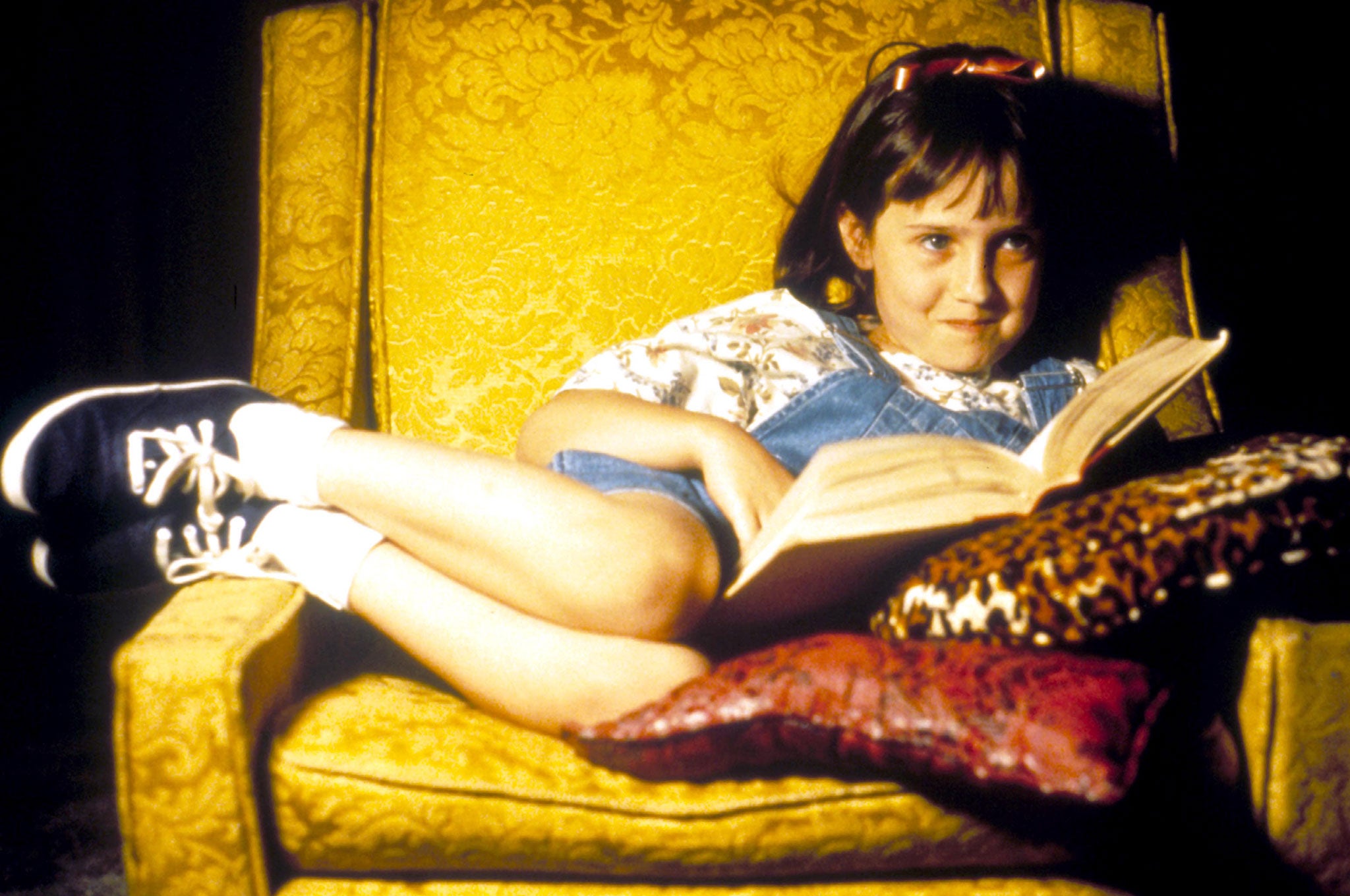Boys who grow up around books 'earn more as adults'
'In this sense, we claim that books – like diamonds – are forever'

Your support helps us to tell the story
From reproductive rights to climate change to Big Tech, The Independent is on the ground when the story is developing. Whether it's investigating the financials of Elon Musk's pro-Trump PAC or producing our latest documentary, 'The A Word', which shines a light on the American women fighting for reproductive rights, we know how important it is to parse out the facts from the messaging.
At such a critical moment in US history, we need reporters on the ground. Your donation allows us to keep sending journalists to speak to both sides of the story.
The Independent is trusted by Americans across the entire political spectrum. And unlike many other quality news outlets, we choose not to lock Americans out of our reporting and analysis with paywalls. We believe quality journalism should be available to everyone, paid for by those who can afford it.
Your support makes all the difference.Children who had access to books were able to expect a higher adult income than those who grew up with few or none at all, according to new research by economists at the University of Padua.
Studying 6,000 men born in nine countries around Europe in the period between 1020 and 1956, they looked at whether children lived, from the age of 10, in houses with fewer than 10 books, one shelf of books, a bookcase containing up to 100 volumes, two bookcases, or more than two bookcases.
Their findings, which were published in the Economic Journal, showed that one additional year of education could increase a man’s lifetime earnings by 9 per cent.
A number of theories were put forward to explain the results.
"Perhaps books matter because they encourage children to read more, and reading can have positive effects on school performance," it was suggested.
"Alternatively, a home filled with books indicates advantageous socio-economic conditions."
"A sizeable fraction of 50+ Europeans grew up in a household with less than a shelf of (non-school) books," corresponding author Guglielmo Weber said. "The returns to education for individuals in such households were much lower than for the luckier ones who had more direct access to books.
"In this sense, we claim that books – like diamonds – are forever."
Join our commenting forum
Join thought-provoking conversations, follow other Independent readers and see their replies
Comments